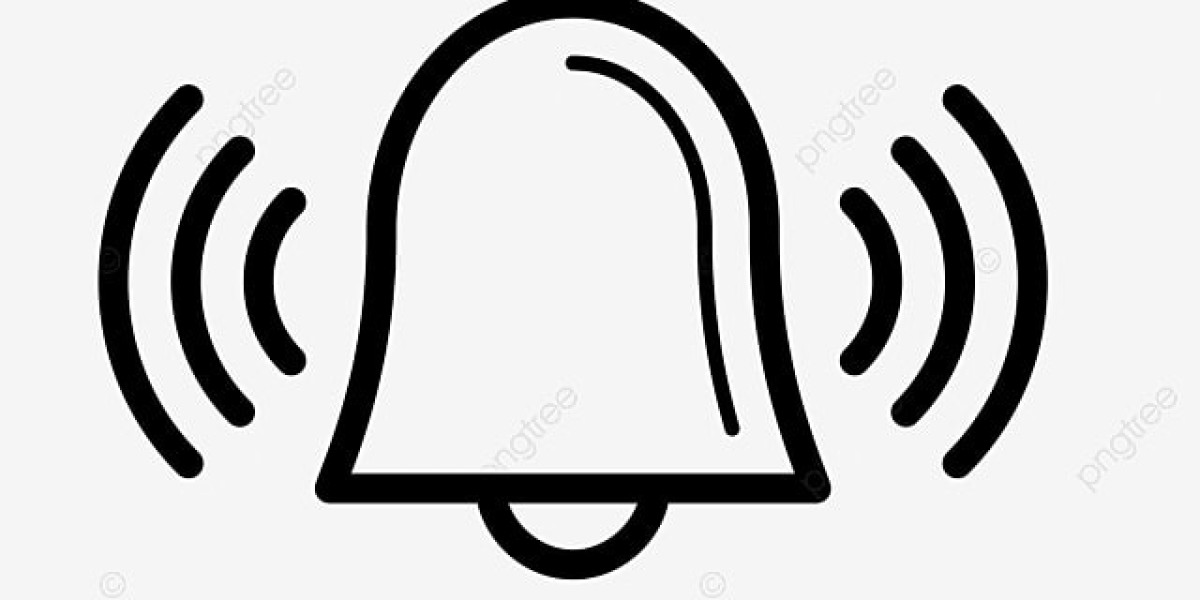Cancer is a challenging and often painful condition that affects millions of people worldwide. Pain is a common symptom experienced by cancer patients, arising from the disease itself, treatments like chemotherapy and surgery, or other complications. Effective pain relief treatments are essential for improving quality of life and supporting overall well-being during cancer treatment and beyond. This article explores various strategies and treatments to manage pain in cancer patients.
Understanding Pain in Cancer Patients
- Types and Causes of Pain
Pain in cancer patients can manifest in different forms and arise from various sources:
- Cancer-related Pain
Pain is directly caused by the cancer itself, such as tumors pressing on nerves, bones, or organs. This type of pain can be localized or widespread, depending on the location and extent of the cancer.
- Treatment-related Pain
Pain induced by cancer treatments, including chemotherapy, radiation therapy, surgery, and procedures such as biopsies. These treatments can cause tissue damage, inflammation, nerve injury, or other side effects leading to pain.
- Other Causes
Cancer patients may experience pain due to comorbid conditions, such as arthritis, or psychological factors like anxiety and depression, which can exacerbate pain perception.
Effective Pain Relief Treatments for Cancer Patients
Managing pain in cancer patients requires a multifaceted approach tailored to individual needs and circumstances:
1. Pharmacological Treatments
- Analgesics
Analgesic medications are central to pain management in cancer patients:
- Opioids: Strong pain relievers like morphine, oxycodone, and fentanyl are used to manage moderate to severe cancer pain. These medications act on the central nervous system to block pain signals and are titrated based on pain intensity and patient response.
- Non-opioid Analgesics: Nonsteroidal anti-inflammatory drugs (NSAIDs) and acetaminophen (paracetamol) may be used in combination with opioids or alone for mild to moderate pain relief. NSAIDs also help reduce inflammation, which can contribute to pain.
b. Adjuvant Medications
Certain medications initially developed for other conditions can also help manage specific types of cancer-related pain:
- Antidepressants: Tricyclic antidepressants (e.g., amitriptyline) and serotonin-norepinephrine reuptake inhibitors (SNRIs) like duloxetine can help relieve nerve-related pain (neuropathic pain) and improve sleep.
- Anticonvulsants: Medications such as gabapentin and pregabalin are effective for neuropathic pain, which is common in cancer patients due to nerve damage from tumors or treatments.
2. Interventional Procedures
a. Nerve Blocks
Nerve blocks involve injecting anesthetic or medication around specific nerves or nerve clusters to block pain signals. This procedure can provide targeted pain relief for localized pain due to cancer or treatments.
b. Epidural Analgesia
Epidural analgesia involves placing a catheter in the epidural space near the spine to deliver opioids or local anesthetics continuously. It is used primarily for managing severe pain, such as that from metastatic spinal cord compression.
3. Complementary and Alternative Therapies
a. Acupuncture
Acupuncture involves inserting thin needles into specific points on the body to stimulate nerve pathways and release natural pain-relieving chemicals. Some cancer patients find Acupuncture helpful for managing pain, nausea, and fatigue.
b. Massage Therapy
Massage therapy can help reduce muscle tension, improve circulation, and promote relaxation in cancer patients. Gentle techniques tailored to the patient's condition and preferences can provide comfort and alleviate stress-related pain.
c. Mind-Body Therapies
Techniques such as mindfulness meditation, yoga, and guided imagery can help cancer patients manage pain by reducing stress, promoting relaxation, and enhancing overall well-being.
Palliative Care and Pain Management
1. Role of Palliative Care
Palliative care focuses on improving the quality of life for patients facing serious illnesses like cancer, including effective pain management:
- Holistic Approach: Palliative care teams address pain's physical, emotional, and spiritual aspects to provide comprehensive support.
- Medication Optimization: Palliative care specialists work closely with patients and their families to adjust pain medications and manage side effects, ensuring comfort and dignity.
Challenges and Considerations
1. Individualized Treatment Plans
Each cancer patient experiences pain differently, requiring personalized approaches to pain relief treatment:
- Assessment: Regular pain assessment using validated tools helps healthcare providers understand the nature and intensity of pain, guiding treatment decisions.
- Communication: Open communication between patients, caregivers, and healthcare providers is crucial for addressing pain effectively and adjusting treatment plans as needed.
2. Managing Side Effects
Some pain relief treatments, particularly opioids, can cause side effects such as constipation, nausea, sedation, and respiratory depression. Monitoring and managing these side effects are essential for maintaining treatment effectiveness and patient safety.
Supportive Care and Beyond
1. Emotional Support
Managing pain in cancer patients involves addressing emotional and psychological aspects:
- Psychosocial Support: Counseling, support groups, and therapies like cognitive-behavioral therapy (CBT) can help patients cope with pain, anxiety, and depression.
- Family and Caregiver Support: Providing education and support to family members and caregivers helps create a supportive environment for patients undergoing cancer treatment.
Conclusion
Pain management is a critical component of comprehensive cancer care, aiming to improve the quality of life and ensure comfort for patients throughout their cancer journey. By employing evidence-based pharmacological treatments, interventional procedures, and complementary therapies, healthcare providers can effectively alleviate pain and enhance overall well-being. Individualized treatment plans, regular assessment, and multidisciplinary collaboration are vital in addressing pain in cancer patients comprehensively and compassionately.
In summary, while managing pain in cancer patients presents challenges, advancements in pain relief treatments and supportive care strategies offer hope for better outcomes and improved quality of life. With ongoing research and holistic approaches to pain management, healthcare providers continue to strive towards enhancing comfort and dignity for individuals living with cancer-related pain.



